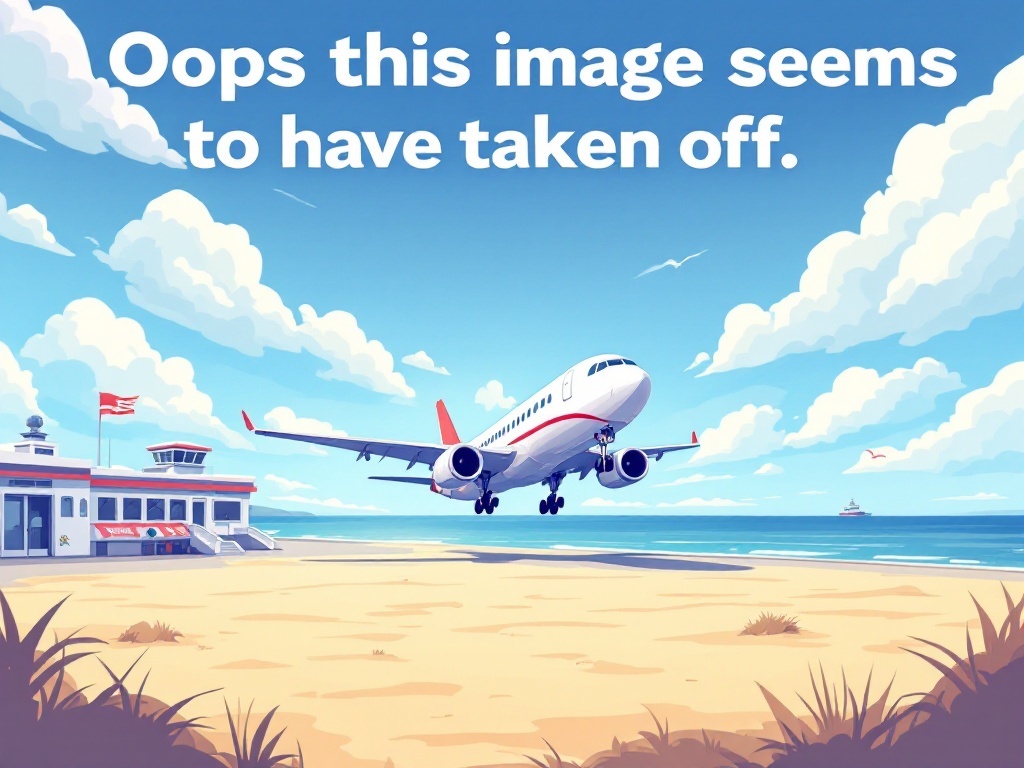The 16 Things I Learned about Nigeria
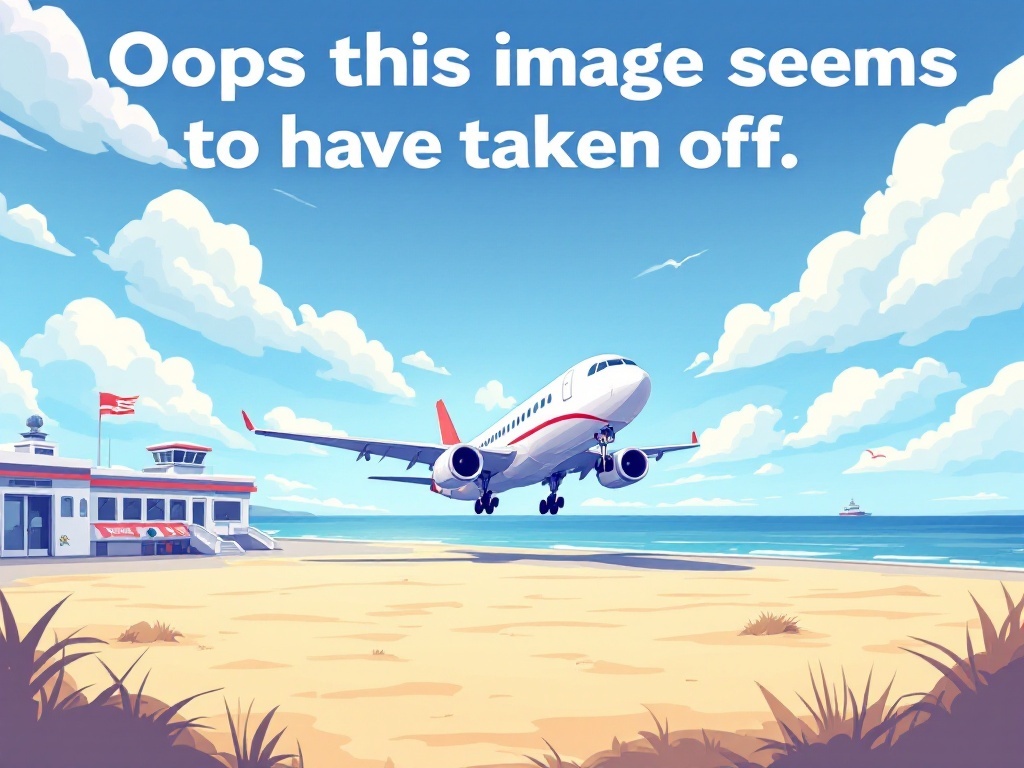
There is more than one Nigeria
Nigeria is not a coherent country. City dwellers in Lagos, those who live in the countryside and the people lucky enough to get direct access to the oil money (Nigeria produces 2 million barrels of oil every day) all live in different worlds that rarely intersect.
Nigeria is very hit-or-miss
This was a constant theme during my trip - I was either amazed by a place or repelled enough to not even get out of the car. If you have a few 'misses' in a day this can seriously damage your view of the city.
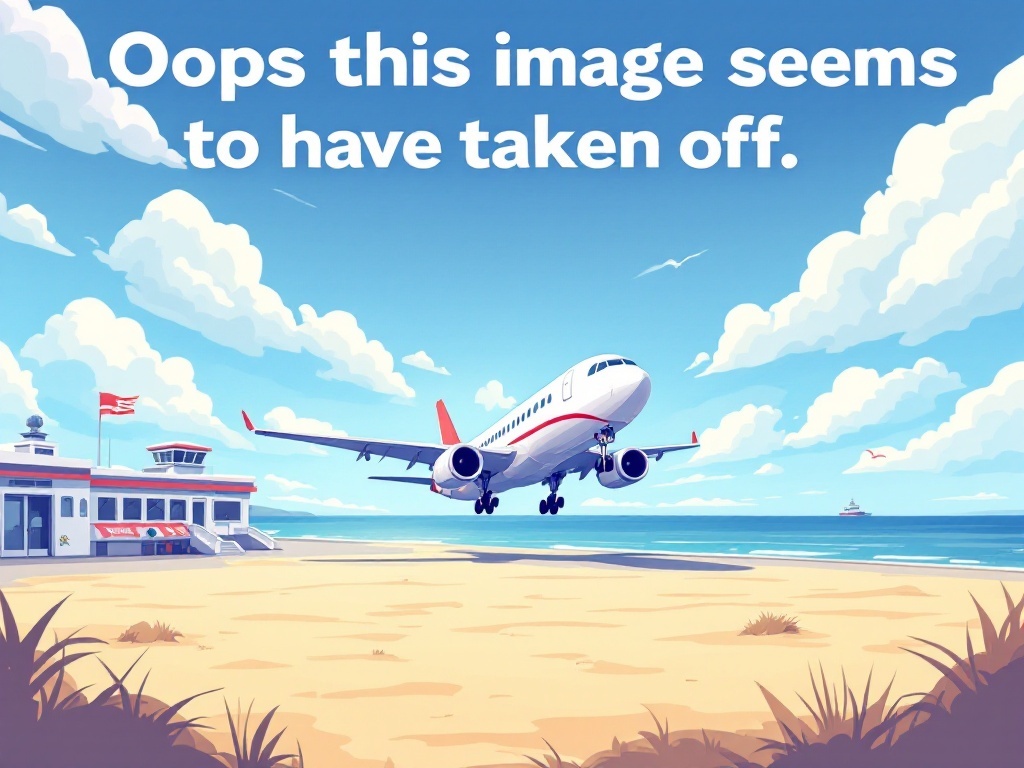
It looks really poor
Nigeria has a total GDP of 500 billion, which translates to $3,000 per citizen. While that is less than one tenth of the US, it's also much more than Vietnam's $2,000.
However, the city of Lagos looks like a Mumbai slum and suffers from lots of violent crimes - something that is rare in India.
The gulf between the supercars and Land Rovers and the decrepit buildings you'll see is striking. There really are few 'normal' neighborhoods in town (unlike, say, Nairobi with its emerging middle class).
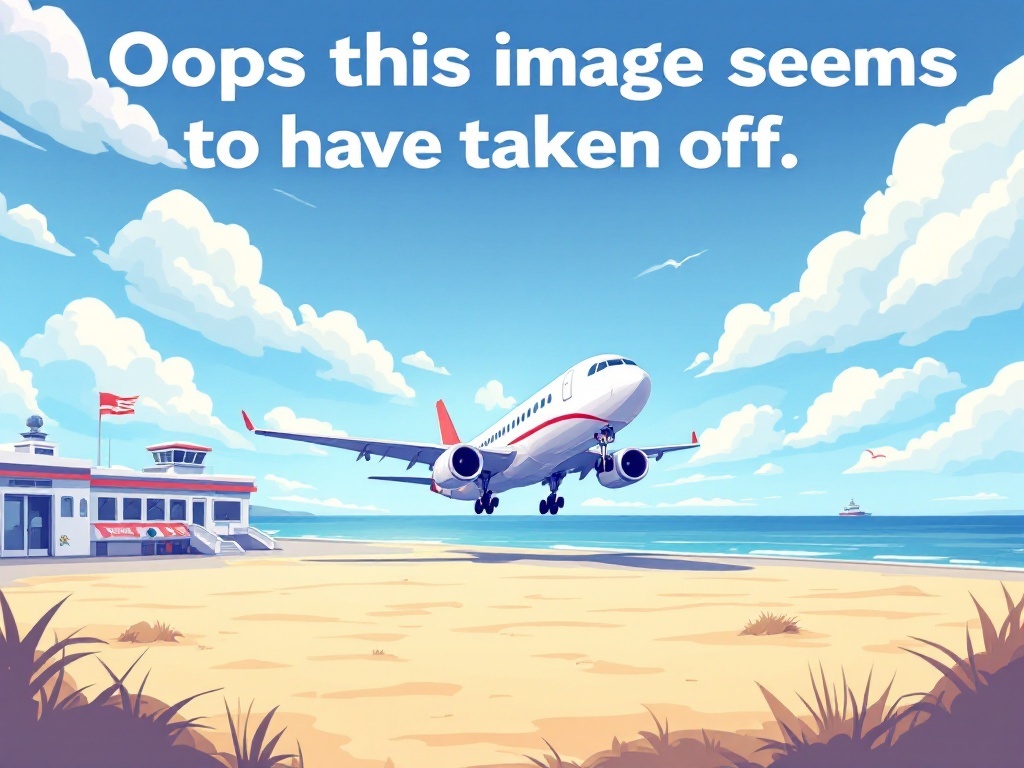
Malaria is a real issue
I have never been to a tropical country that has so much standing water. All over Victoria Island (easily the best neighborhood in Lagos), you will see water with trash lying around all over the place. 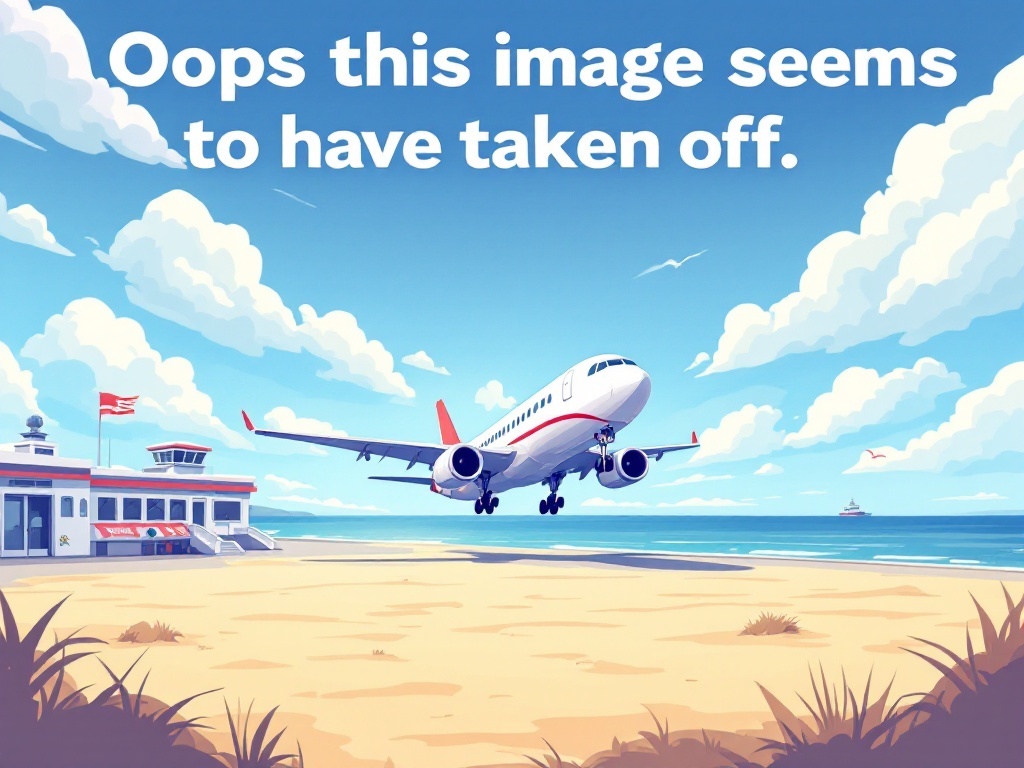
To stamp out mosquitoes and malaria, the best remedy is to get rid of standing water, but that news hasn't made it to Lagos yet. No wonder almost everyone here has (or have had) malaria.
Crime is bad, but not as bad as you think
Victoria Island is a rather safe place (by African standards) and violent crime (usually relegated to the mainland) isn't worse than Johannesburg, for instance; it's likely quite a bit better. I had no trouble walking around Victoria Island and was hardly hassled. It's so different from, say, Dakar, where you are being approached by street sellers every few seconds.
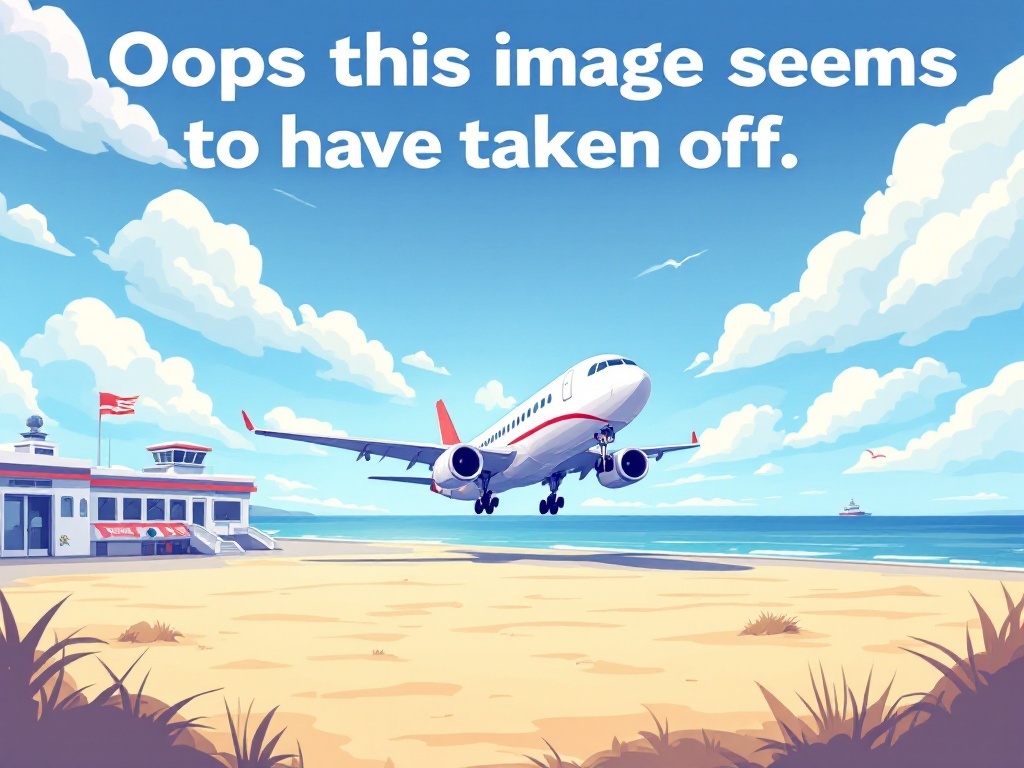
In general, foreigners are not specifically targeted - robbers target 'rich people' but, foreigner or not, they do not discriminate.
Hygiene is a mess
Like in India, sadly the concept of hygiene isn't something that is widely followed.
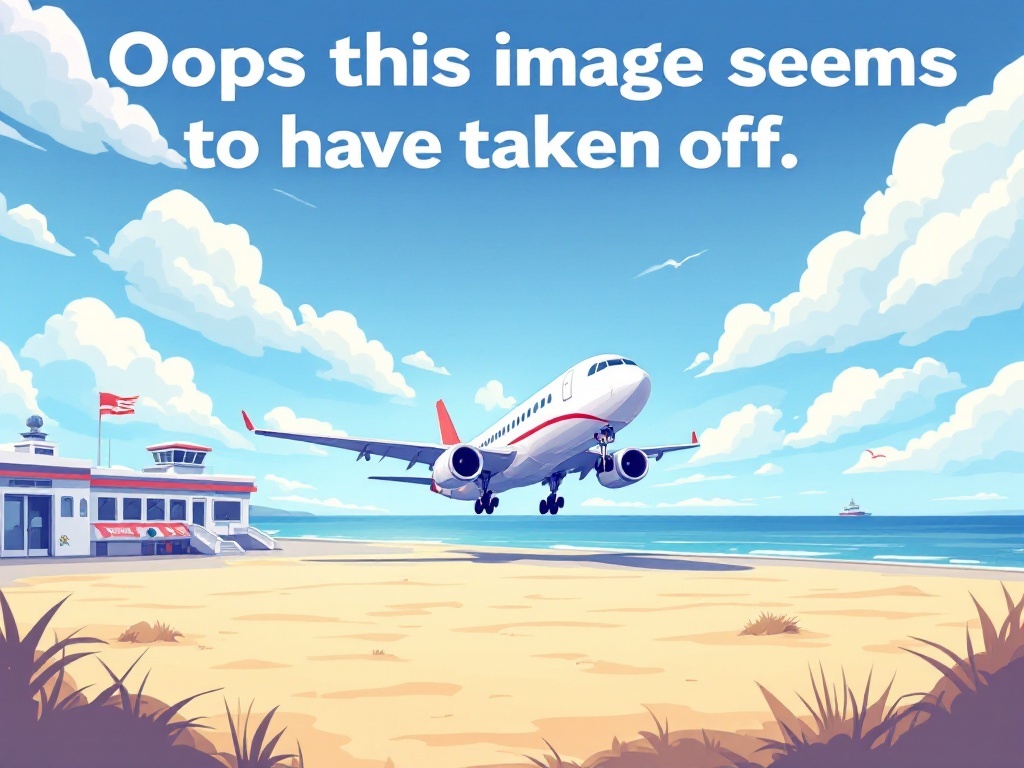
Traffic isn't bad
Traffic on Victoria Island is a breeze and even Lagos Island is bearable. Yes rush hours can be rough, but generally I found traffic to not be a big issue. Wherever I went there was a highly professional and friendly Uber driver just seconds away. In fact, I have rarely found another place where Uber works that well (incl. San Francisco).
Prices are reasonable now - finally
The drop in the Naira - US dollar exchange rate to 300 has made Nigeria more affordable. Food and hotels are still expensive, while transportation and drinks are rather cheap.
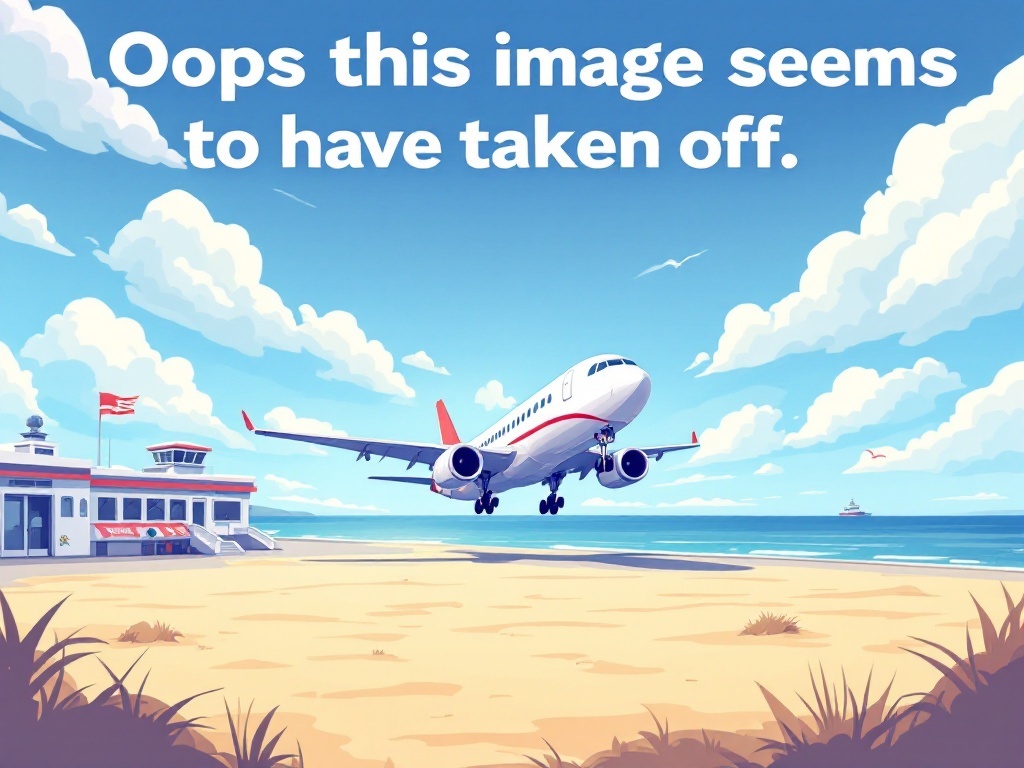
For a long time, the exchange rate made it impossible for Nigeria to produce anything for export as it was incredibly expensive in dollar terms. This has changed now and the country's entrepreneurs have a new life. Maybe the 'Dutch curse' can finally be overcome and income besides that from oil can be developed.
Security isn't (that) bad
There is precious little terrorism in Lagos and the security situation on Victoria Island isn't bad. However, Boko Haram and ISIS have announced plans to target Lagos, which is something you need to be aware of.
Serious attitude
In a sense, Nigeria is the 'Russia of Africa' - conversations come with serious attitude. This is more likely to come from people who have direct ties to the 'oil money' but I was surprised how much 'attitude' you can find here as Nigerians are incredibly proud people.
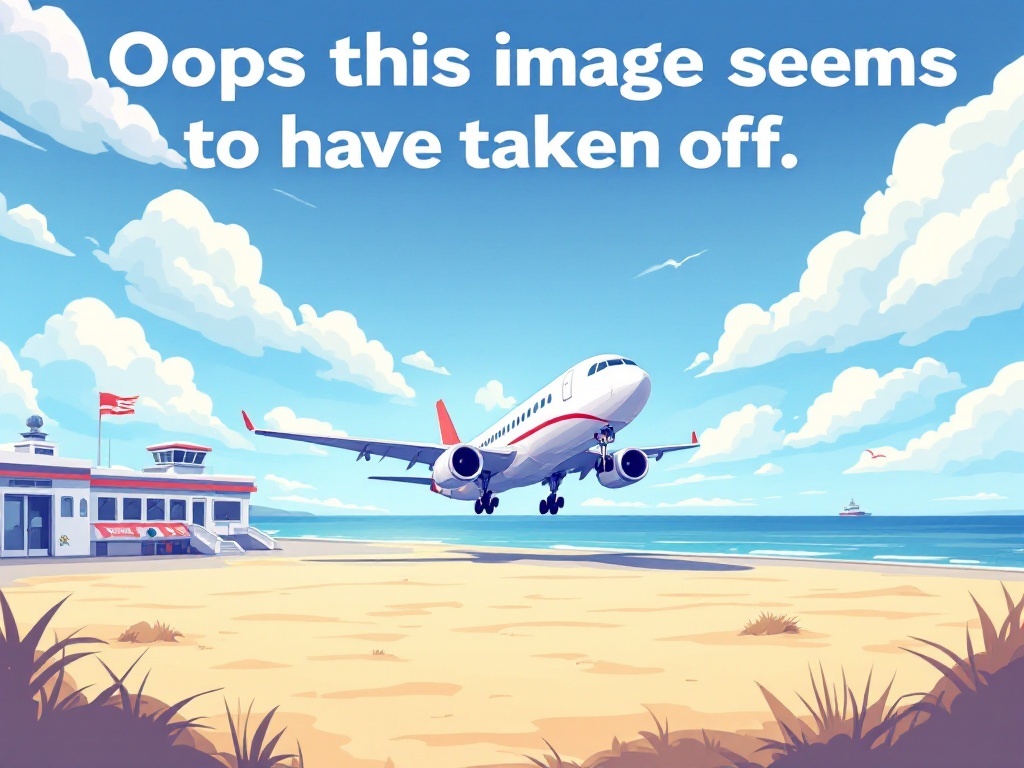
That does not mean Nigerians aren't friendly - they are very much so and if you are in touch with people who you can (potentially) trust, they excel at being warm-hearted and welcoming.
It almost seems that there is no middle ground - it is either very friendly or the opposite here.
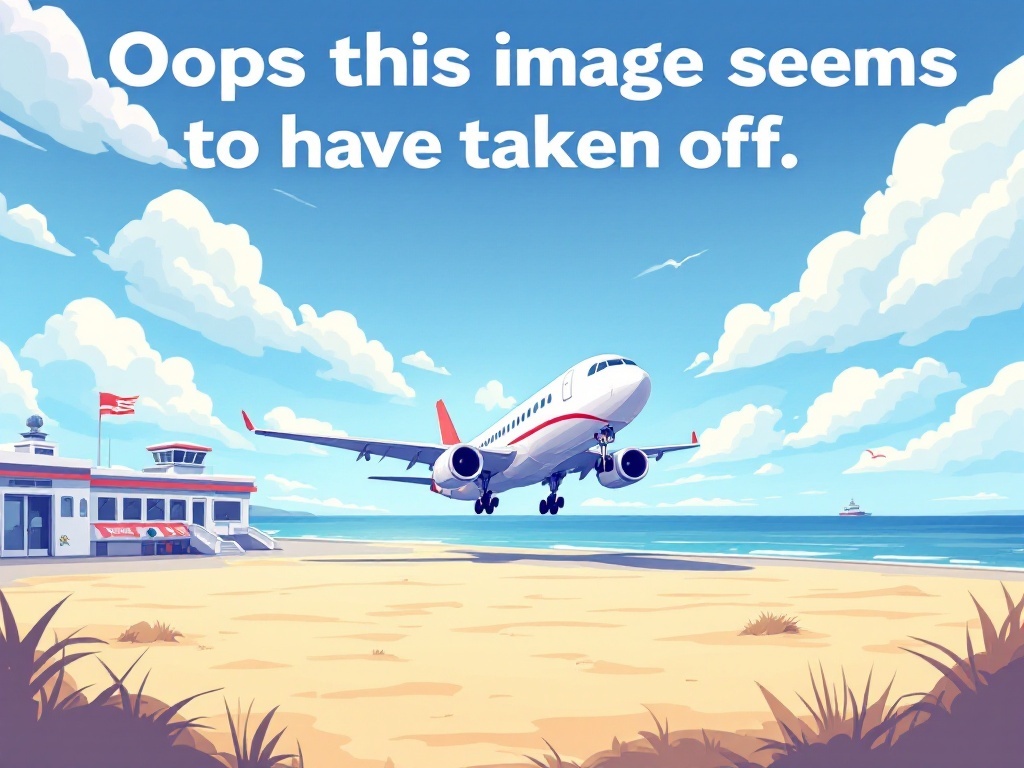
Nigeria drives on confusion
Much of Nigeria drives on confusion - it's an art (and it is really sophisticated) to distract and confuse you. It's something that works its way through society and everyone here is trying to get better at not doing it.
Great marketers
Nigerians excel at marketing - they are able to focus on certain points and forget about the bigger picture, almost to the point of delusion.
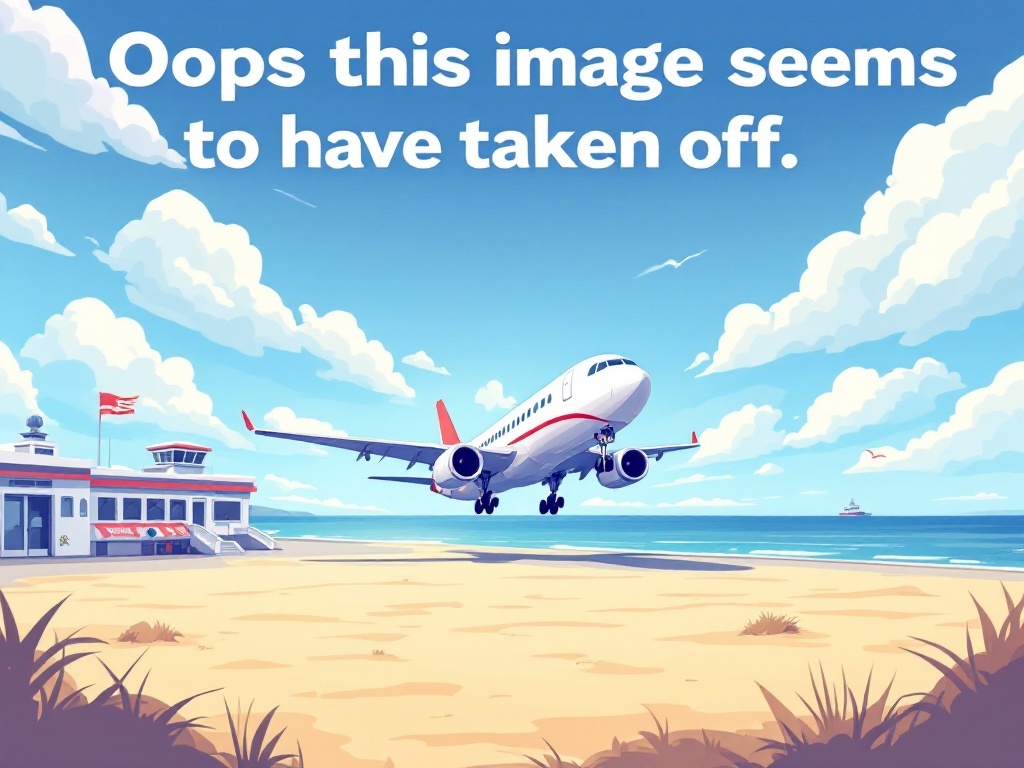
The media industry is top-notch and easily sells movies, TV and print media to the rest of Africa.
Lagos is interesting
Lagos is interesting for reasons you never thought of. It's a unique society that is unlike anything I have encountered. The city is a mix of superb bars and nightlife, as well as hotels, desperate slums and rubbish everywhere.
It's a mix of Middle Eastern oil money, African identity and Russian-style attitude. I'm not saying it's an easy destination, but it is VERY interesting.
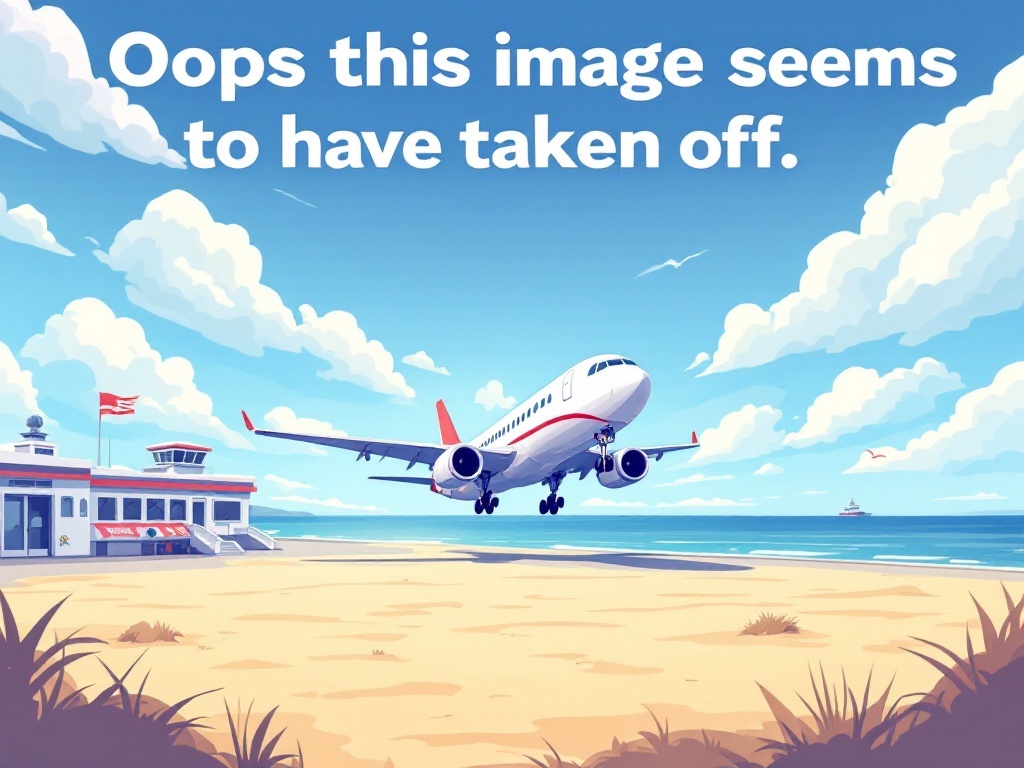
Corruption is a part of daily life
Five minutes after landing I had paid my first police bribe and that would not be my last encounter with corruption in this country. It's not seen as a crime but rather a means to naturally enrich yourself. On a small scale this might not even be harmful, but it is so entrenched that it skews the allocation of resources.
Investment is desperately needed
Nigeria is approaching the territory of middle income country, but still looks poorer than Ethiopia. The issue is that barely any investment happens due to corruption and common distrust. Too much money goes into Land Rovers and too little into roads where you can actually drive. It's hard to get anyone to pay taxes when tax payers think all the money is wasted. This leaves Nigeria with a 'not-shared' economy where everyone eagerly defends his plot, but anything that needs to be shared (electricity, roads, water) is decades behind.
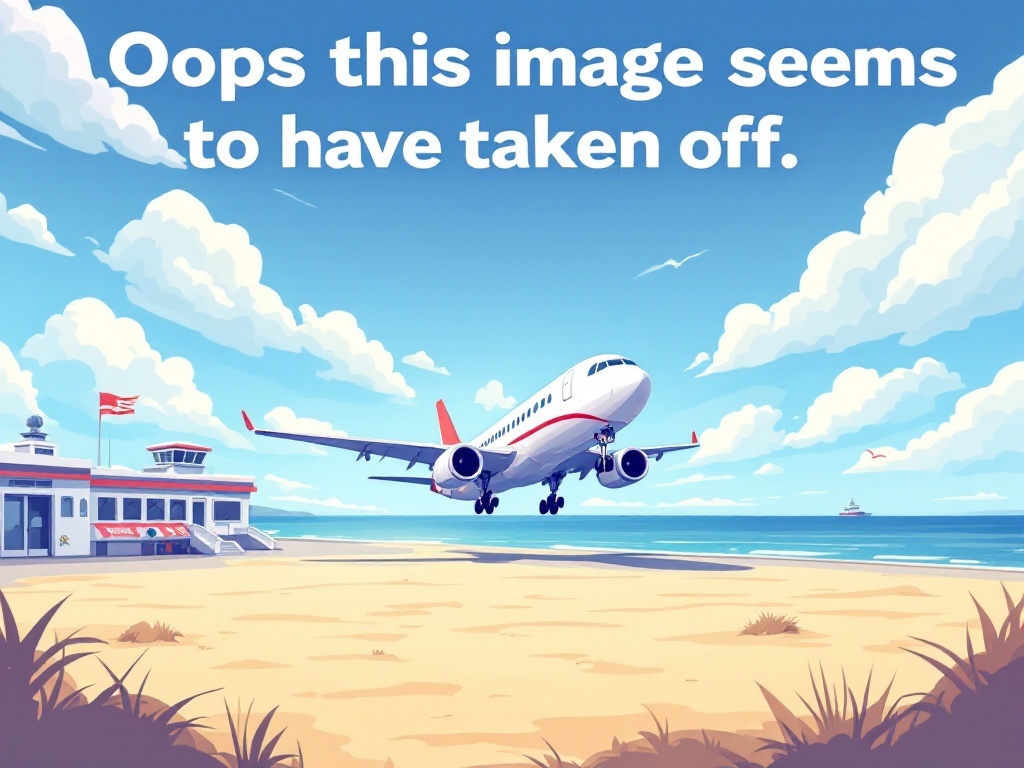
Explosive future?
The badly distributed oil wealth, the corruption and the widespread extreme poverty are an explosive mix. Nigeria's oil riches are still a rather new phenomenon and they may still come around to have it trickle through the country in a better manner. Nigeria is already rich enough to sustain the development of a middle income country, but it needs to become competitive, provide public services, minimize corruption and increase productivity.
The positive changes Lagos underwent during the last 15 years might serve as a model for the whole country.
